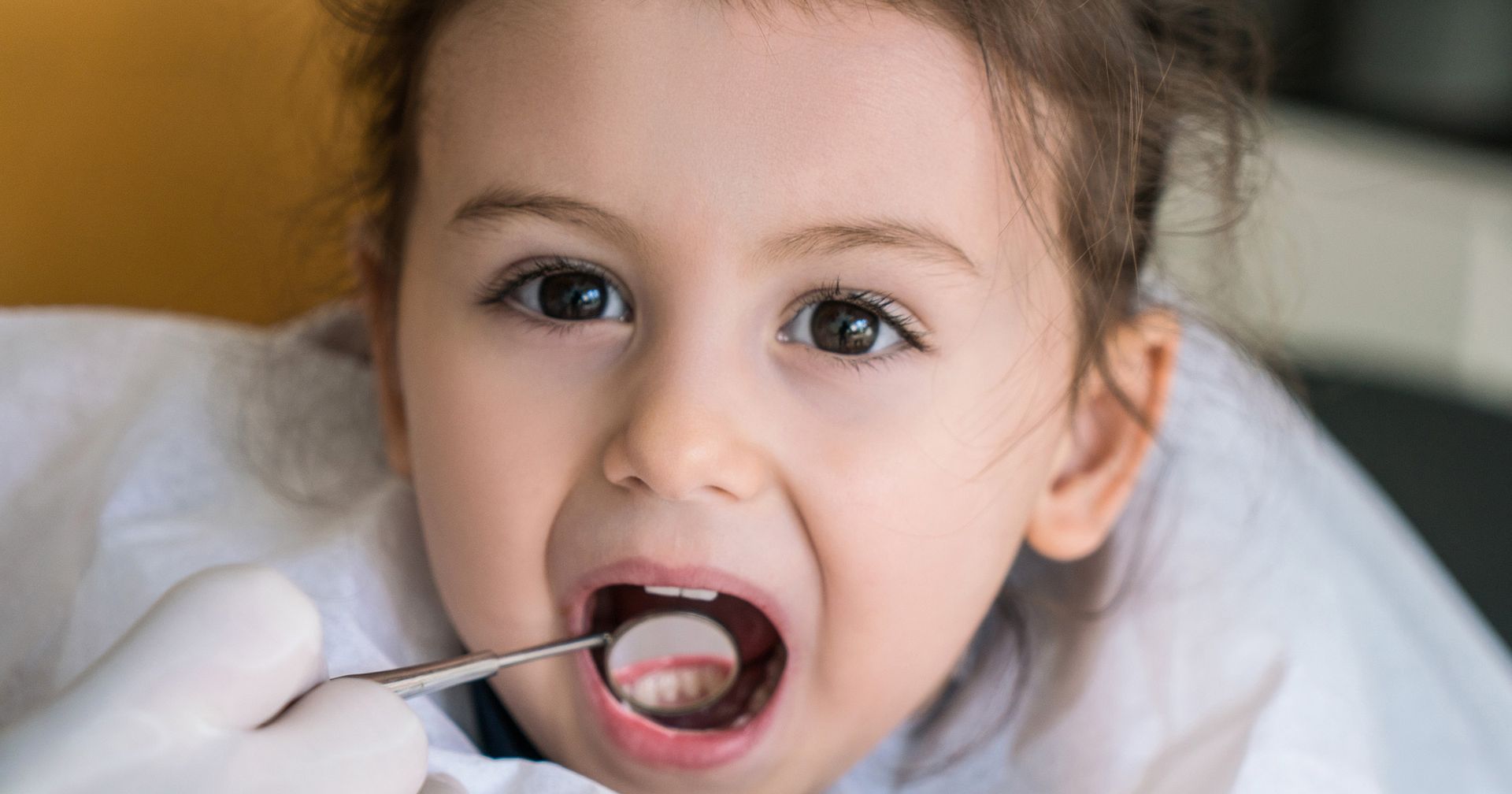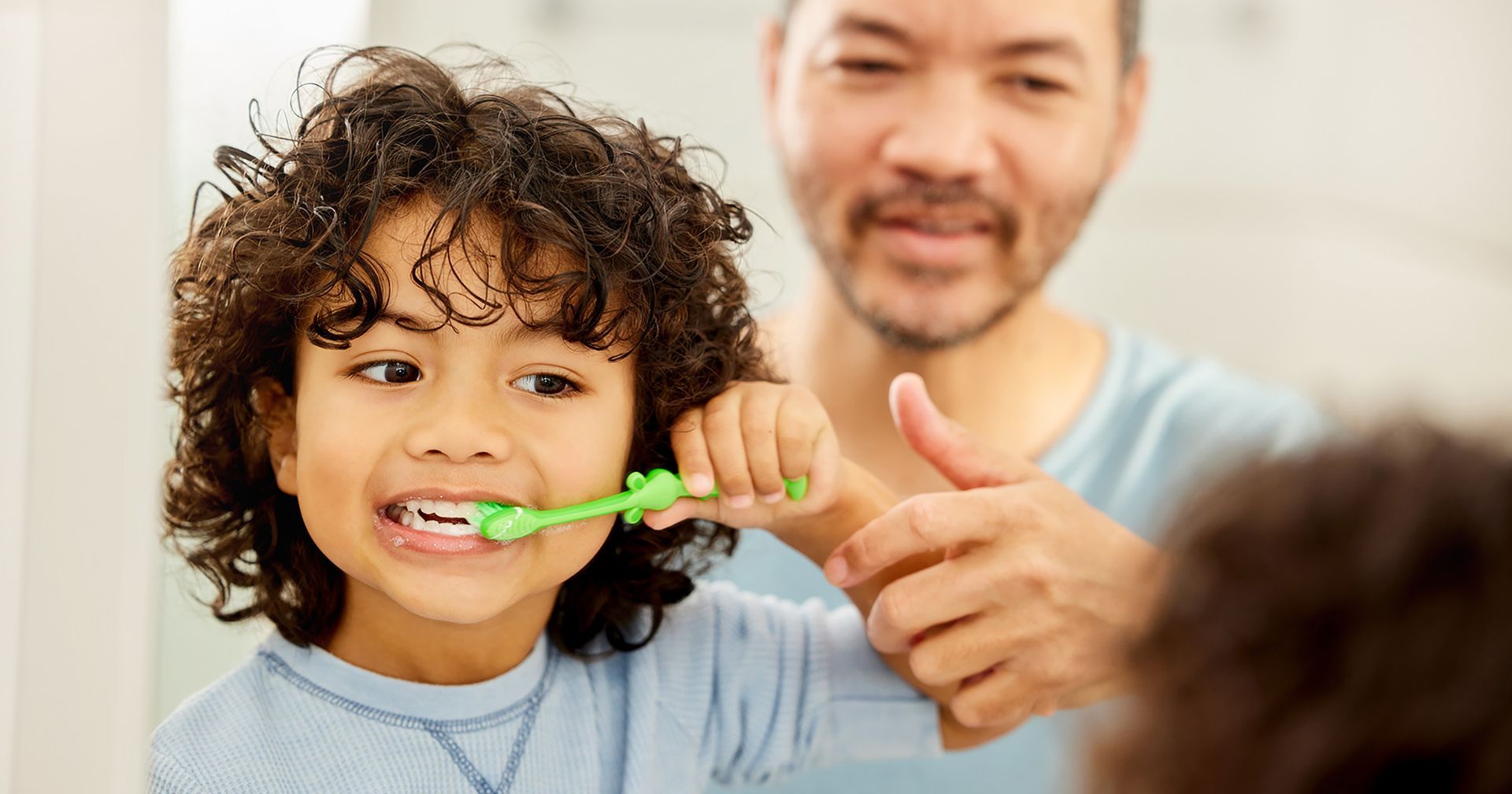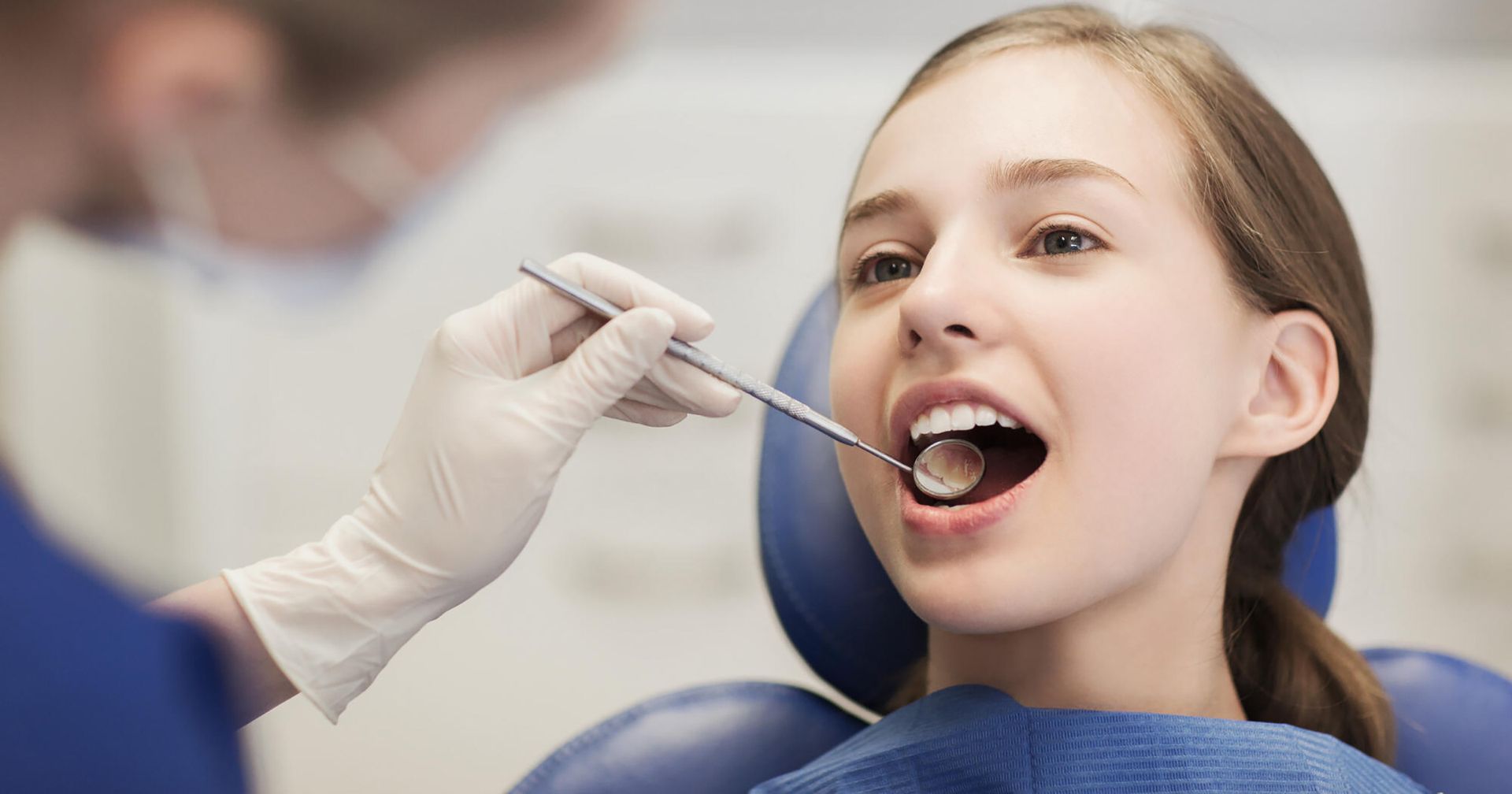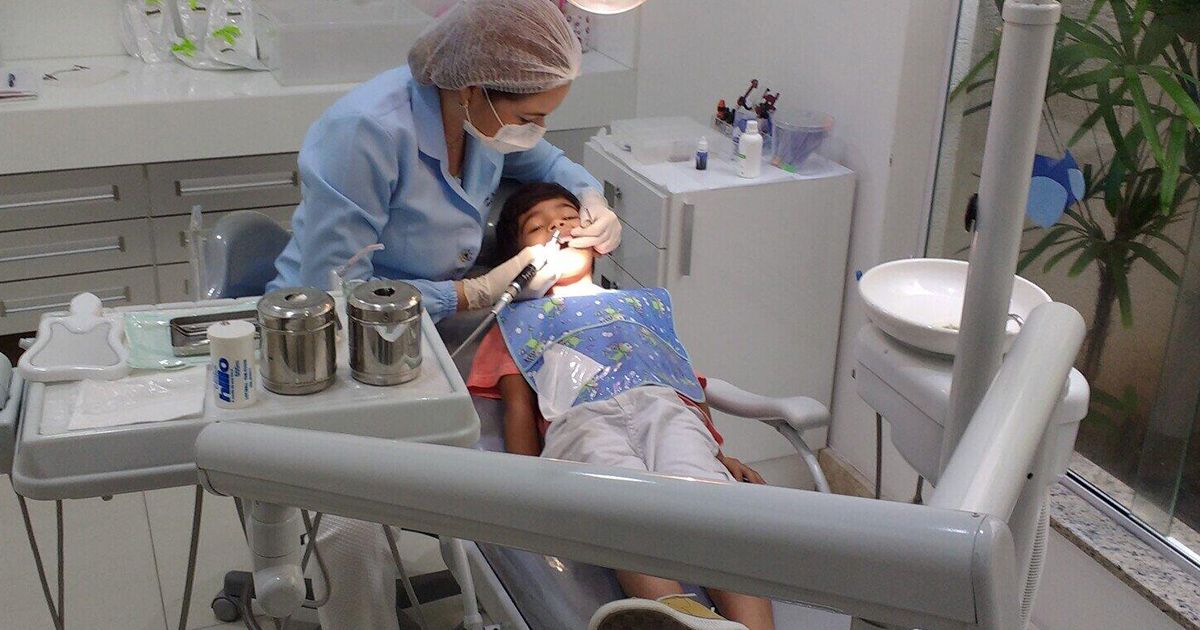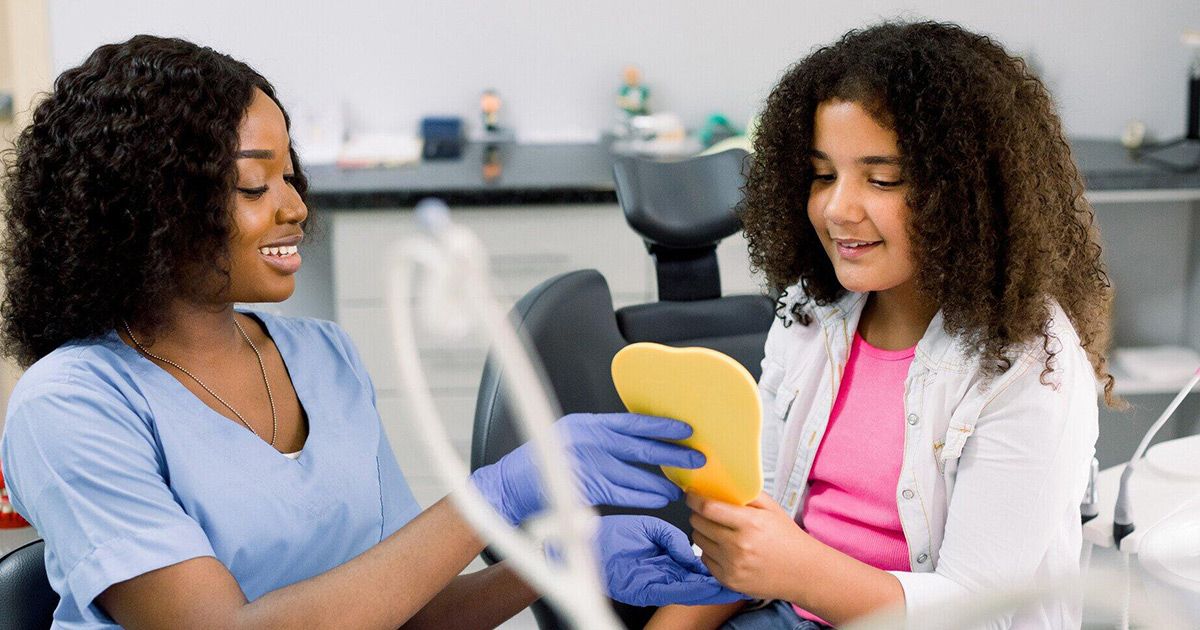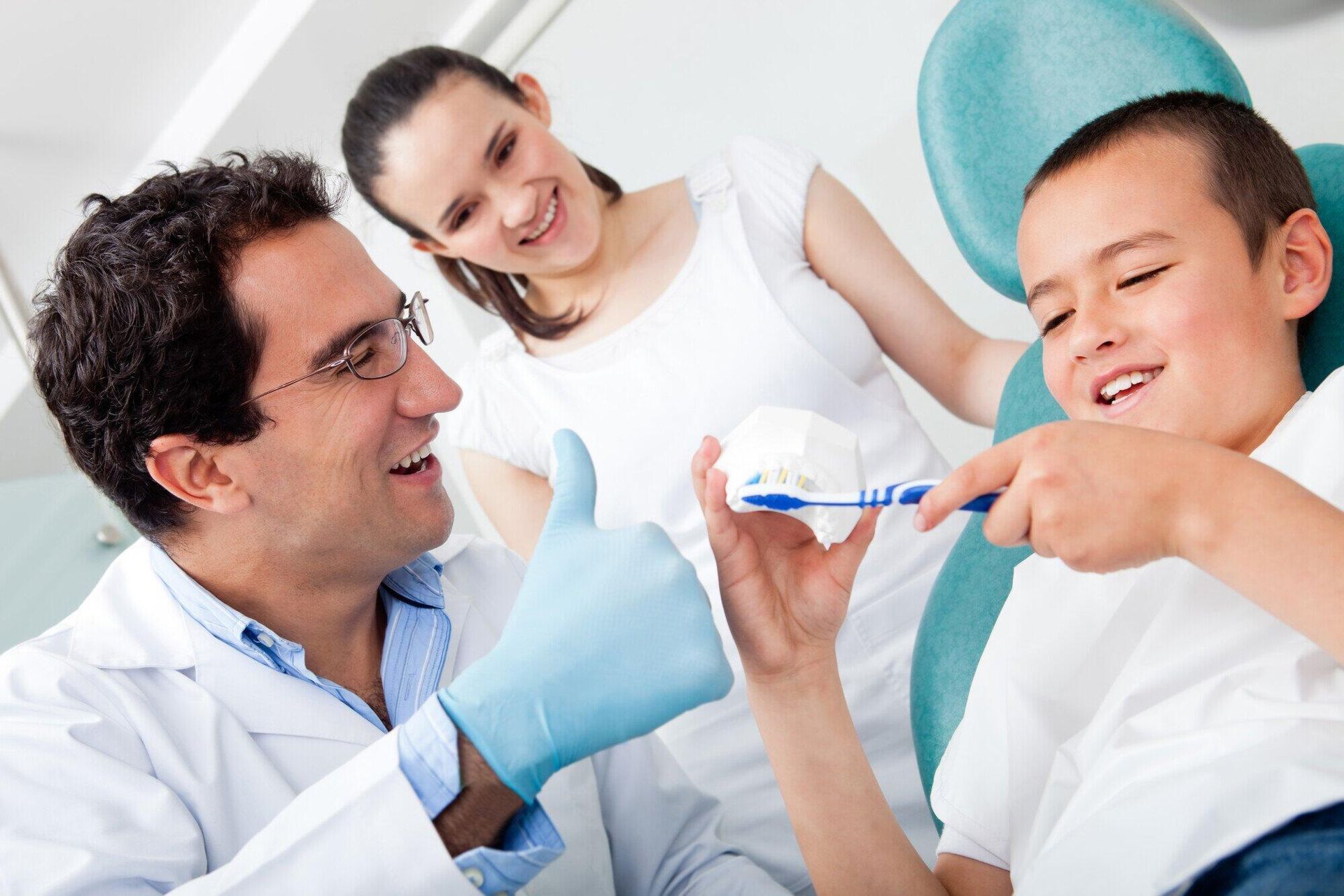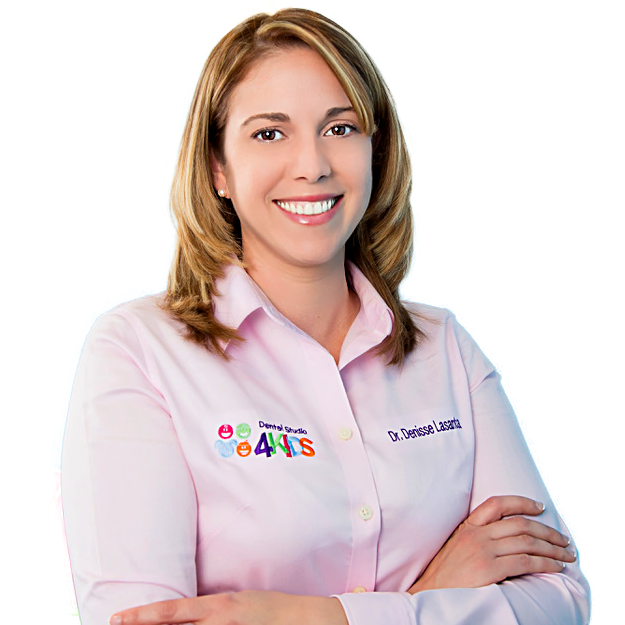Developing Good Oral Habits For Kids of All Ages
Start your kids on the path to healthy teeth with our expert tips for developing good oral habits while getting routine dental care. Find out more on our site!
Developing good oral habits early in life is crucial for maintaining a healthy smile and overall well-being. Routine dental care from a young age can prevent common issues like cavities and gum disease. Experts recommend that children make their first dental visit as soon as their first tooth comes in, which is around six months old.
Starting these habits early sets the foundation for a lifetime of healthy teeth and gums. In this blog post, we'll provide practical tips for babies, toddlers, and school-aged children to help parents and caregivers establish effective oral care routines.
Let's get started with this guide to dental tips for children.
Oral Care for Babies
Starting oral care early is key to ensuring your baby's dental health. Here are some tips for maintaining good oral hygiene for kids from the very beginning.
Start Early
Before your baby's teeth come in, it's important to clean their gums. You can use a soft, damp cloth to gently wipe the gums after feedings. This helps remove any bacteria and prevents buildup.
Choose a clean, soft cloth and wrap it around your finger. Then, gently rub your baby's gums, ensuring you're reaching all areas of the mouth. Doing this regularly helps establish a routine and keeps the mouth clean.
Teething Phase
Teething can be a challenging time for both babies and parents. Common signs include drooling, chewing on objects, irritability, and swollen gums.
Recognizing these signs can help you prepare for soothing your baby's discomfort.
You can also provide your baby with safe teething toys to chew on. Look for toys made of non-toxic materials that are easy to clean. Chilled (but not frozen) teething rings can also provide relief for sore gums.
First Teeth
Once your baby's first teeth appear, usually around six months, you should switch to a baby toothbrush. Choose one with soft bristles and a small head designed for infants. It's important to gently brush their teeth twice a day.
It's recommended that you use a tiny smear of fluoride toothpaste, about the size of a grain of rice, when you start brushing your baby's teeth.
Fluoride helps
prevent tooth decay, but be careful not to use too much. As your child grows, you can gradually increase the amount to a pea-sized dab when they reach age three.
Oral Care for Toddlers
As your baby grows into a toddler, it's important to continue good oral care habits and introduce new ones. Let's share some practical tips for keeping your toddler's teeth and gums healthy.
Brushing Techniques
Teaching your toddler how to brush their teeth is a key step in developing good oral habits. Show them how to hold the toothbrush and use small, gentle circular motions to clean all surfaces of their teeth. It's important to make this a fun activity so they look forward to brushing time.
Even though your toddler is learning to brush, they still need your help. Brush their teeth for them, or alongside them, ensuring every tooth is cleaned thoroughly. Aim for brushing twice a day-once in the morning and once before bed. Stay involved and supervise their brushing until they have mastered the technique.
Flossing
Flossing is just as important as brushing, even for toddlers. You can start flossing once they have two teeth that touch. This is usually around age two or three, but every child is different.
Using floss picks designed for kids can make flossing easier and more enjoyable for both you and your toddler. These tools are easier for small hands to manage and can help remove food particles and plaque from between teeth.
Healthy Eating Habits
Finally, diet plays a big role in oral health. Try to limit your toddler's intake of sugary snacks and drinks, as these can lead to cavities. Instead, offer
healthier alternatives like fruits, vegetables, and cheese.
You can also encourage your child to drink water and milk instead of sugary drinks. Water helps rinse away food particles and keeps their mouth hydrated, while milk provides essential nutrients for strong teeth and bones. By establishing these habits early, you'll help your child maintain a healthy smile for life.
Oral Care for School-Aged Children
As children grow older, their oral care routine becomes even more important. Here is some advice to help school-aged children maintain healthy teeth and gums.
Routine Maintenance
By the time your child reaches school age, they should be brushing their teeth twice a day without much assistance. However, it's crucial to reinforce this habit.
Remind them to brush for two minutes each time, making sure they clean all the surfaces of their teeth. You can use a timer or play a favorite song to make the process more enjoyable.
Daily flossing is a must for school-aged children. Encourage your child to floss every evening before bed to remove food particles and plaque from between their teeth. Flossing is vital for preventing cavities and gum disease, so help them develop this habit early on.
Preventive Care
Preventive treatments like sealants and fluoride can provide an extra layer of protection against cavities. Dental sealants are thin coatings applied to the chewing surfaces of the back teeth, where decay often starts. Fluoride treatments, available during regular dental visits, help strengthen tooth enamel and prevent decay.
If your child participates in sports, it's essential to protect their teeth from injury. Be sure to invest in a good-quality mouthguard that fits well and is comfortable to wear. Mouthguards can prevent serious dental injuries, ensuring your child's smile stays intact.
Routine Dental Care for Children
The bottom line is that developing good oral habits from an early age sets the foundation for a lifetime of healthy smiles. Routine dental care is essential for preventing cavities, gum disease, and other oral health issues. If you're looking for exceptional dental care for your child, visit Dental Studio 4 Kids in Lutz, Florida.
Dr. Denisse Lasanta and her team specialize in treating children from birth to 18 years, understanding their unique needs during dental treatments.
We are also equipped to handle dental emergencies professionally. Make an appointment today!


